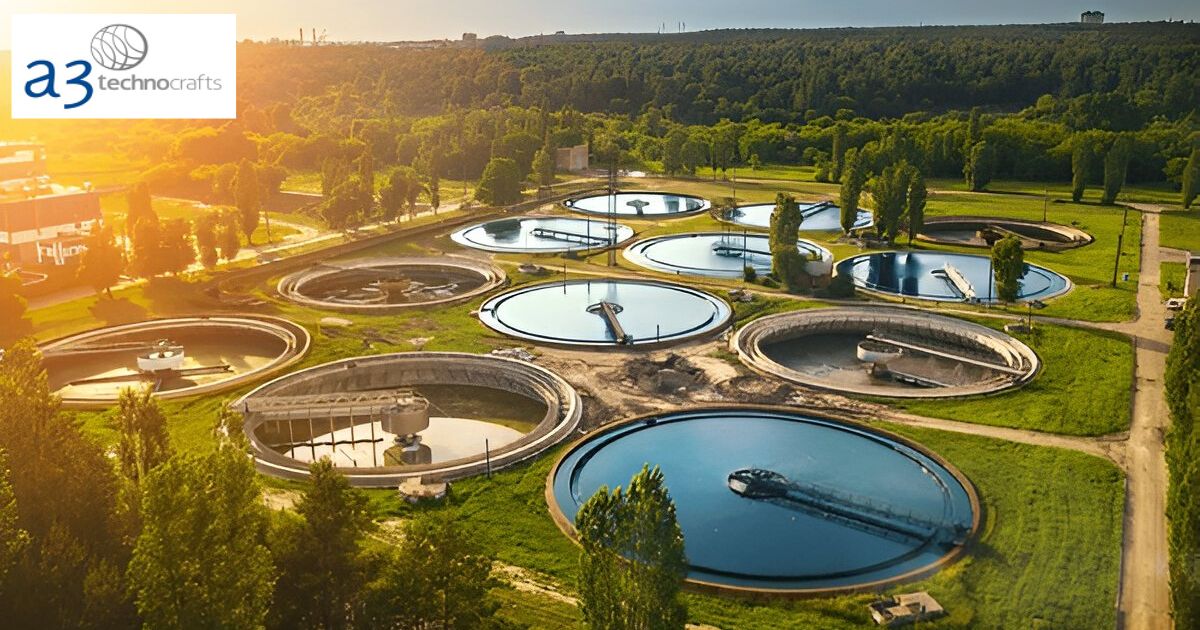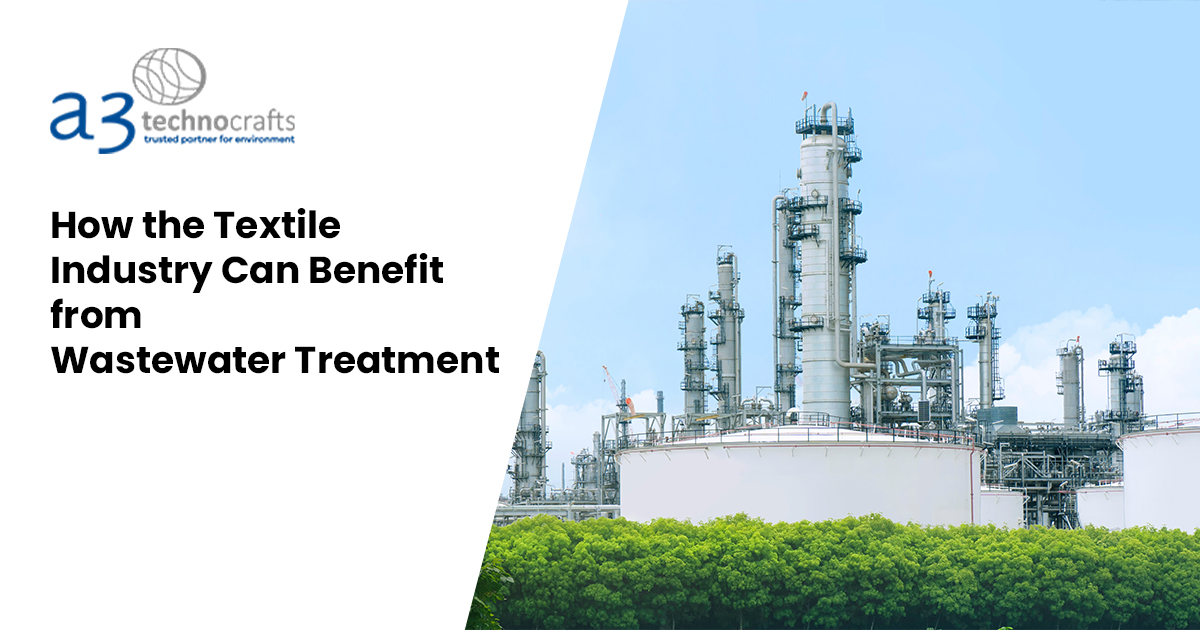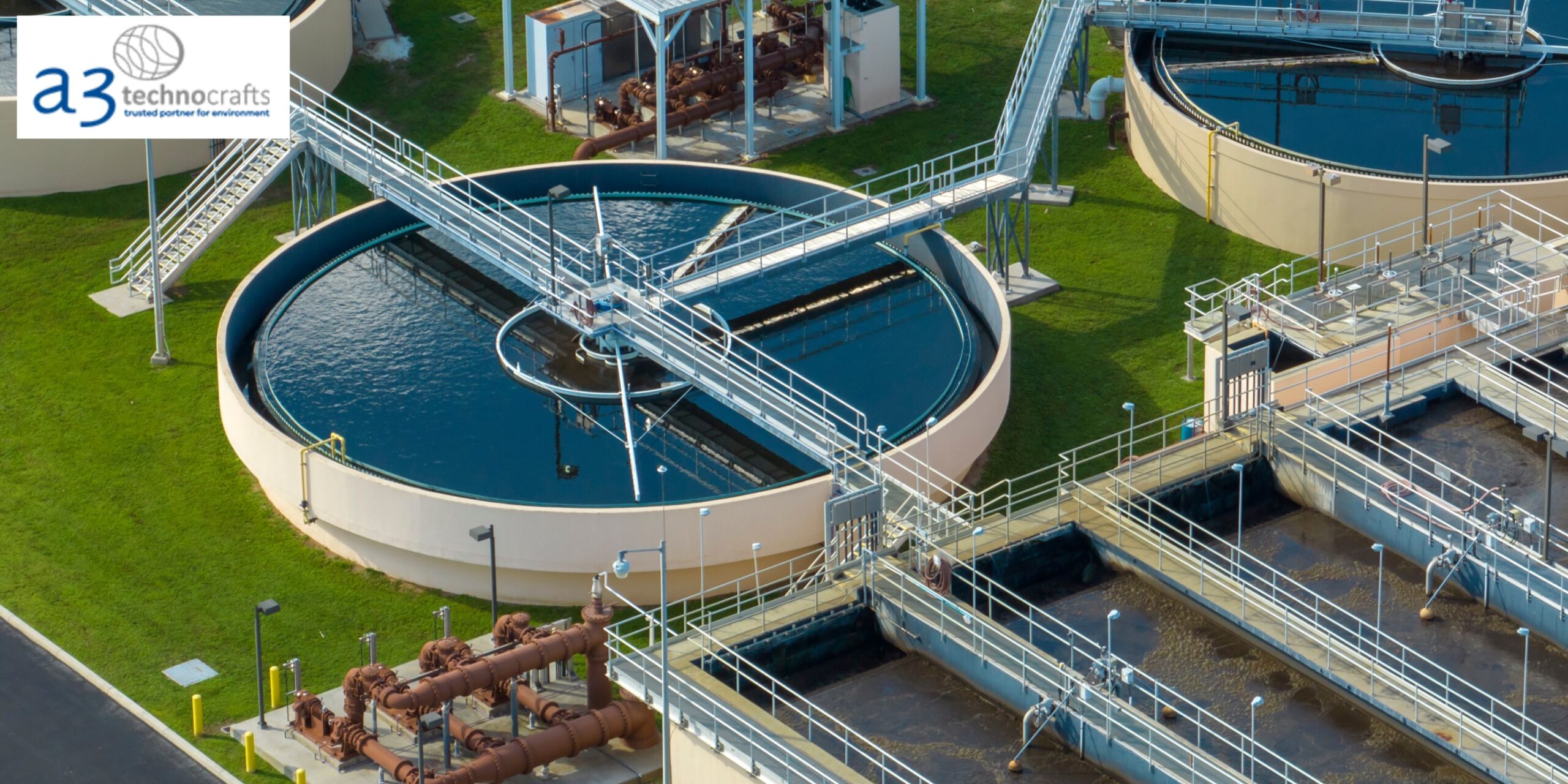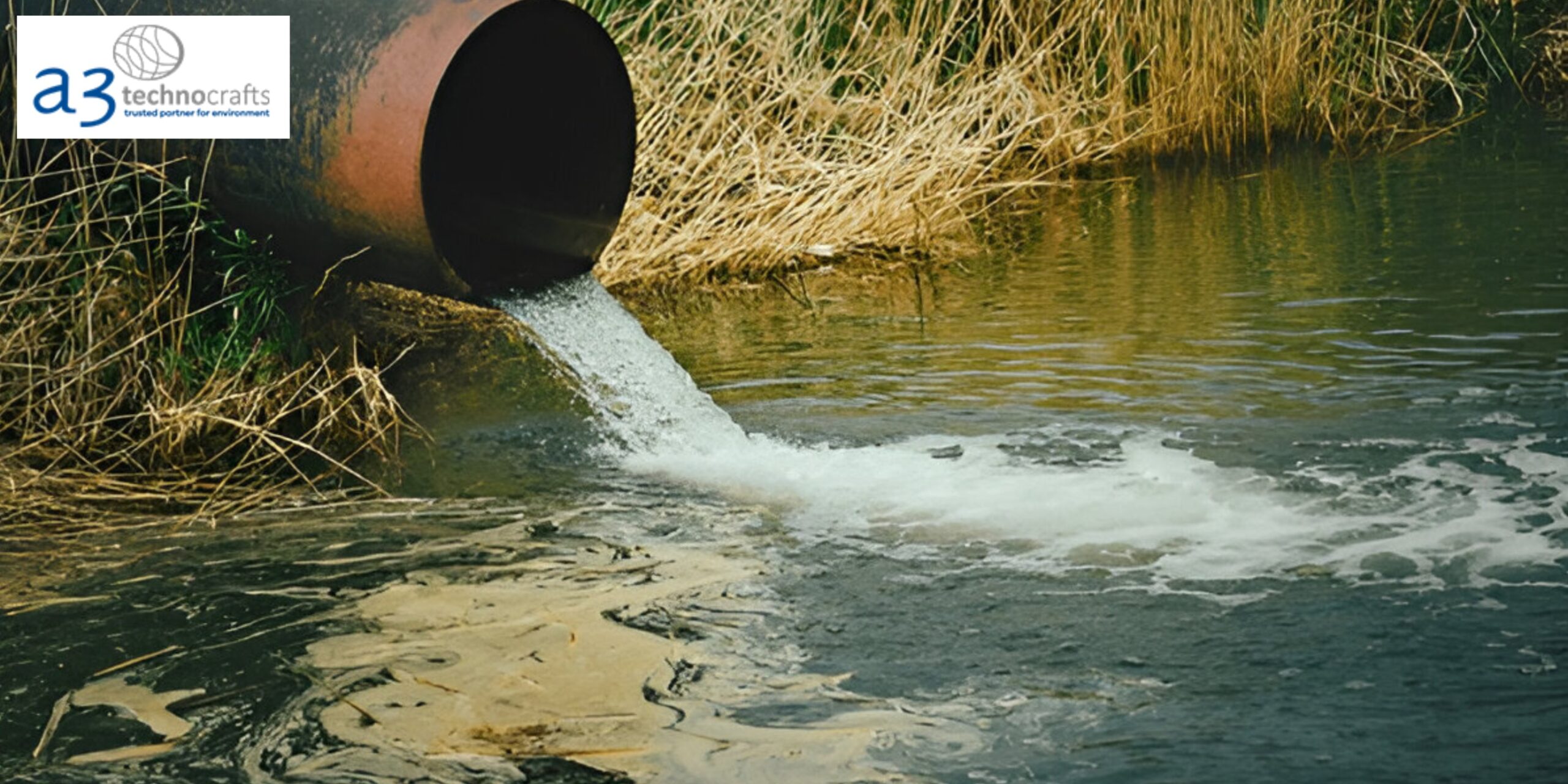In today’s competitive market, businesses that prioritize sustainability stand out. Consumers, investors, and partners are increasingly drawn to companies that take proactive steps to reduce their environmental impact. Smart wastewater management is an essential part of this effort. By focusing on water neutrality, implementing efficient wastewater treatment systems, and earning carbon credits, businesses can save money, enhance their brand image, and unlock new growth opportunities.
A3 Technocrafts helps industries across India achieve operational efficiency and environmental sustainability through advanced wastewater treatment solutions such as Zero Liquid Discharge (ZLD), Effluent Treatment Plants (ETP), and Sewage Treatment Plants (STP). Partnering with experienced wastewater treatment companies like A3 Technocrafts enables industries to reduce costs, improve their sustainability profile, and reinvest savings into future growth.
Achieve Water Neutrality and Save Money on Water Bills
Water is an essential yet costly resource for industries such as manufacturing, textiles, food processing, and chemicals. By installing a ZLD or ETP system, businesses can recover and reuse up to 95% of their wastewater, significantly reducing their reliance on fresh water. This not only helps conserve water but also contributes to achieving water neutrality, which is a vital aspect of corporate sustainability.
Reducing fresh water consumption leads to substantial cost savings. These savings can be reinvested into key business areas like technology upgrades, equipment, and expansion, fostering faster growth. Additionally, businesses that implement water-efficient systems are eligible to earn carbon credits, a valuable financial asset that promotes environmental responsibility and helps businesses align with global sustainability goals.
Reduce Treatment and Disposal Costs
Without a proper wastewater management system, industries face significant costs for external effluent disposal. Moreover, the risk of facing legal fines for non-compliance with environmental regulations adds to these financial burdens. By installing an ETP or STP on-site, businesses can treat their wastewater internally, cutting down on third-party disposal costs and reducing the need for expensive external services.
A ZLD system takes this one step further by ensuring that no liquid waste leaves the facility, minimizing the risk of compliance penalties. This helps businesses manage their environmental impact more effectively while saving money. These cost savings create opportunities to reinvest funds into essential business areas, such as research and development, marketing, and infrastructure.
Enhance Your Brand Value and Attract New Opportunities
Today’s clients, investors, and stakeholders are more inclined to partner with businesses that prioritize sustainability and environmental responsibility. By implementing effective wastewater treatment systems, companies can significantly enhance their brand value, positioning themselves as leaders in sustainable practices.
A3 Technocrafts’ custom-built ZLD, ETP, and STP systems not only ensure regulatory compliance but also open the door to new opportunities, including government incentives, enhanced client trust, and long-term business partnerships. Moreover, businesses that earn carbon credits strengthen their sustainability credentials, creating additional value for clients and investors who prioritize environmentally responsible businesses.
Long-Term Investment, Long-Term Savings
While the initial investment in wastewater treatment systems may seem substantial, the long-term benefits far outweigh the costs. Most businesses recover their investment within a few years, thanks to lower water bills, reduced fines, and decreased maintenance costs.
A3 Technocrafts’ solutions are designed to be energy-efficient, low-maintenance, and durable, ensuring continued savings year after year. Additionally, businesses that implement these systems can earn carbon credits, providing an extra layer of financial benefit while contributing to a more sustainable future.
Conclusion
Smart businesses know that every penny saved is an opportunity for reinvestment and growth. By partnering with wastewater treatment companies like A3 Technocrafts, businesses can achieve water neutrality, reduce operational costs, earn carbon credits, and build a more sustainable future. The right wastewater management system not only helps companies meet environmental standards but also boosts profitability and brand value.
Make the smart choice today—save more, grow faster, and reinvest smarter with A3 Technocrafts.






